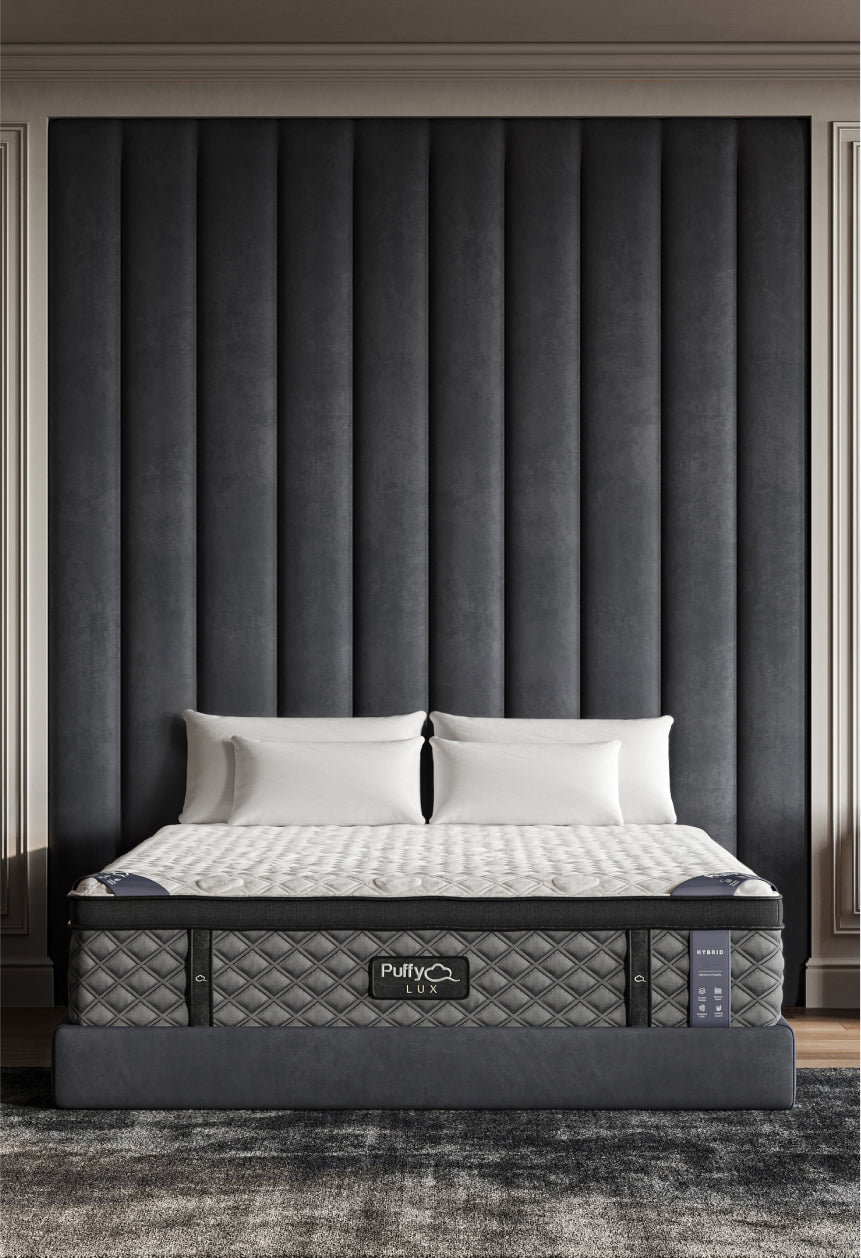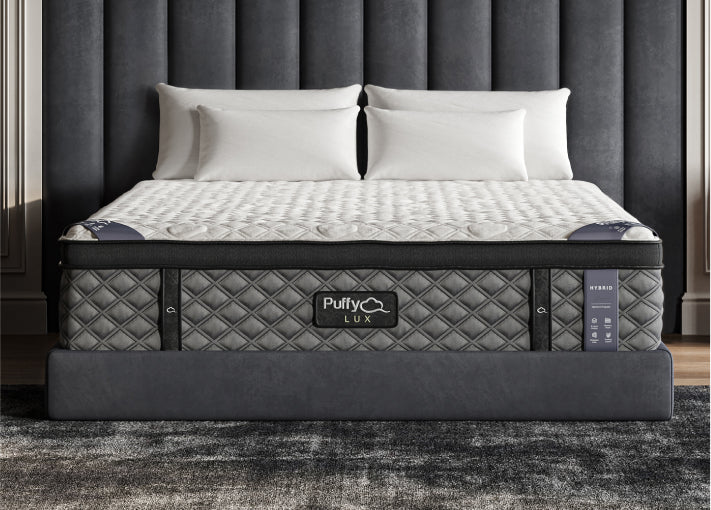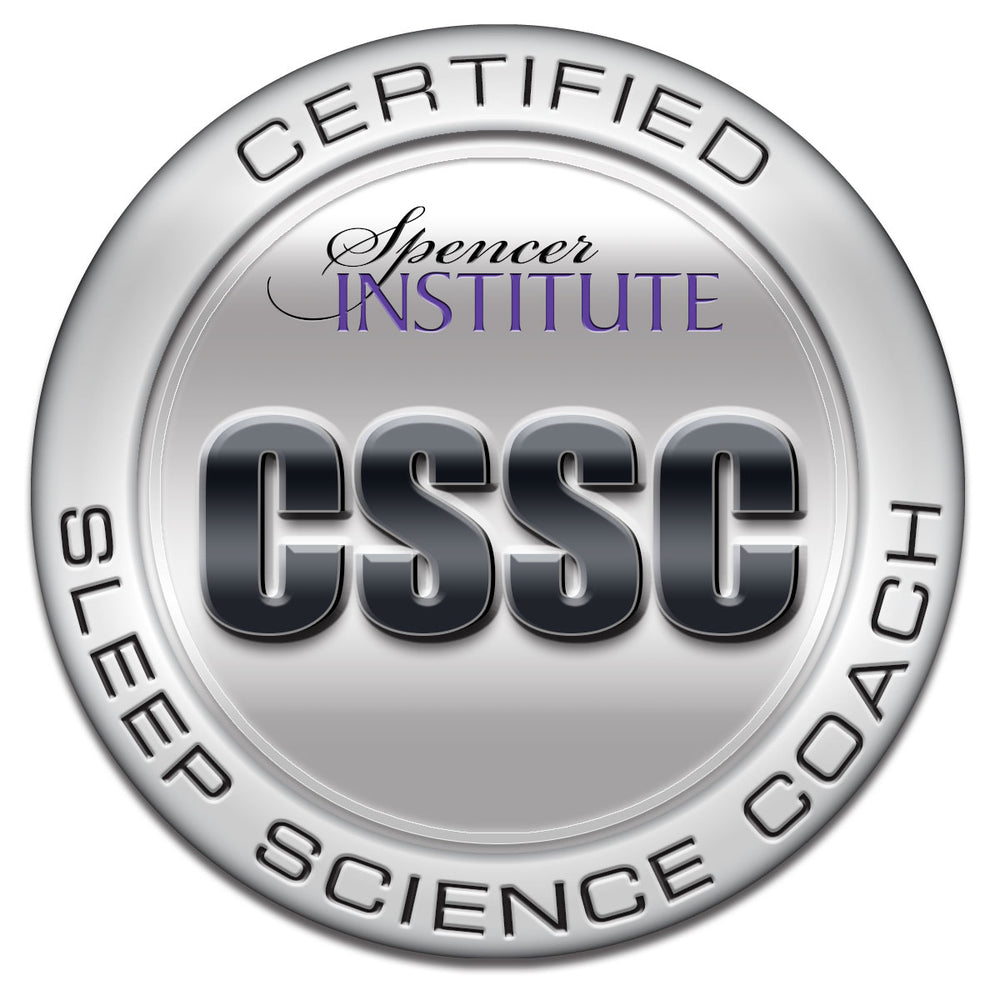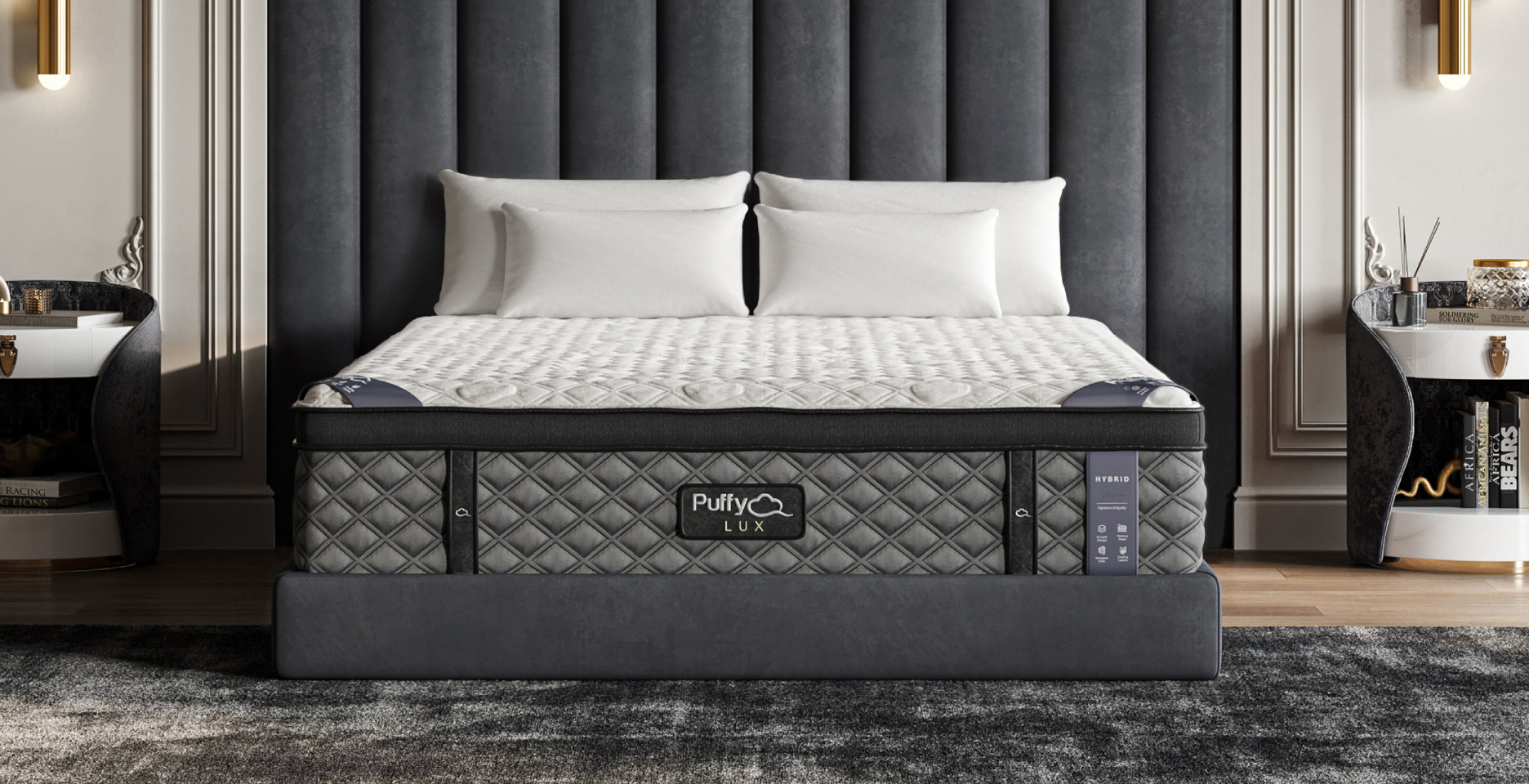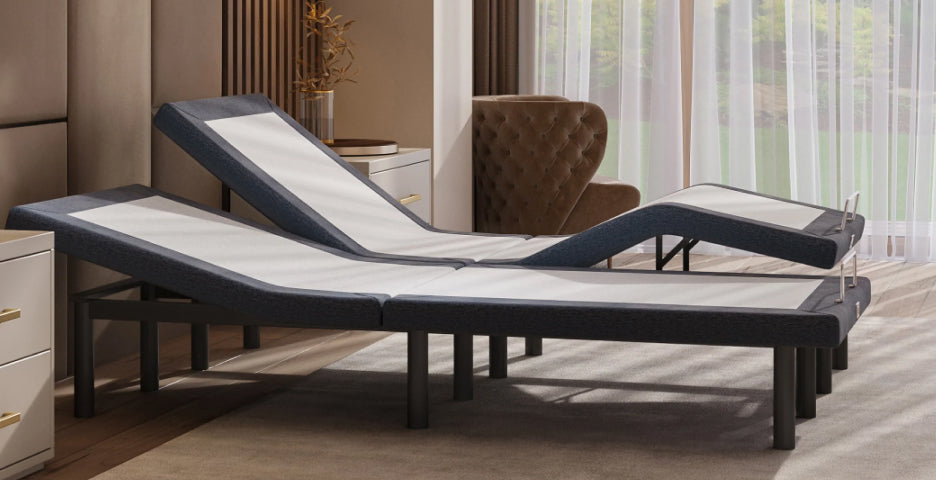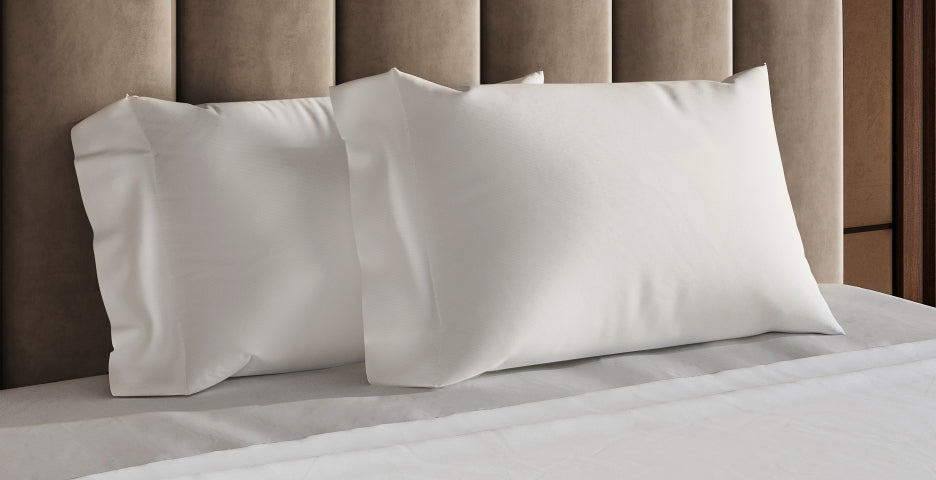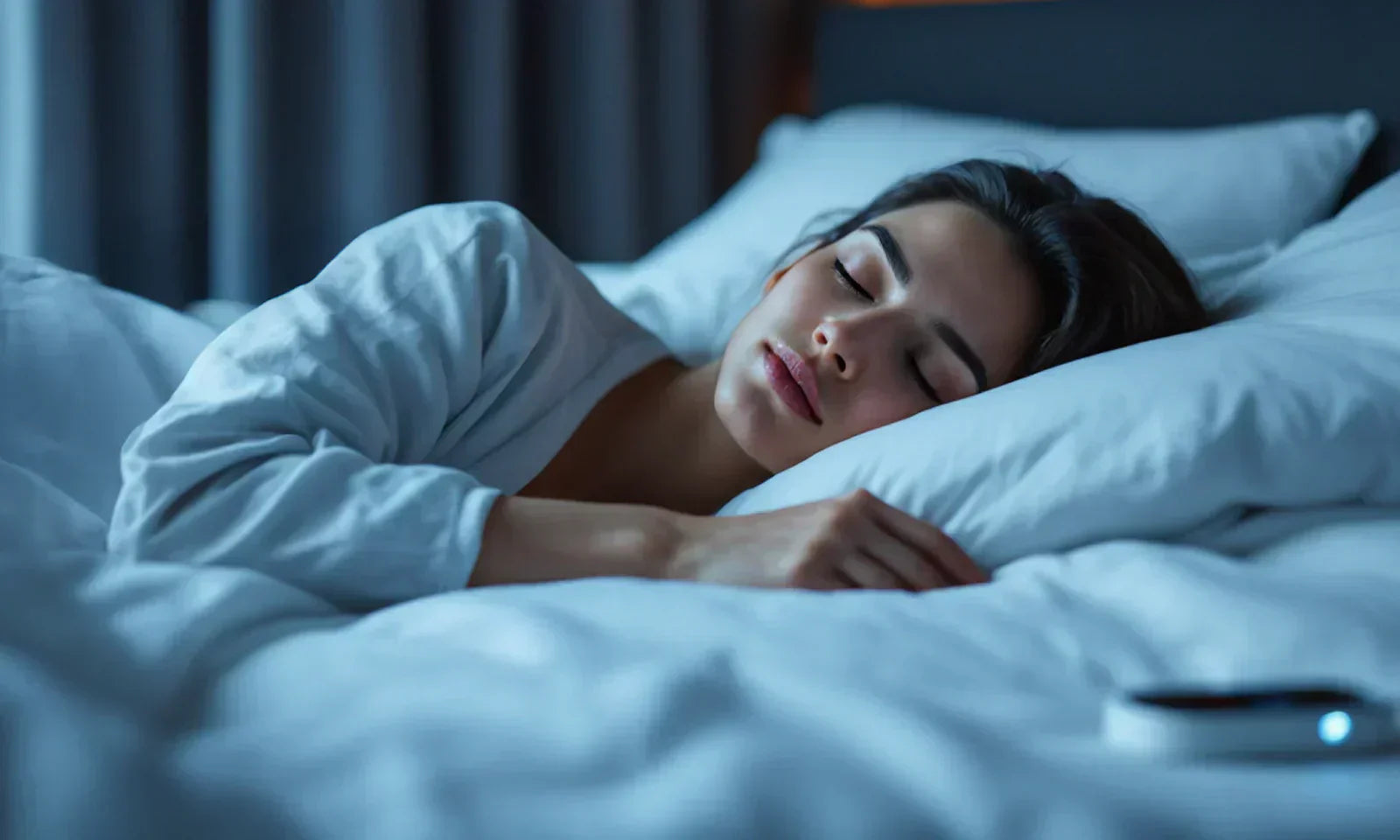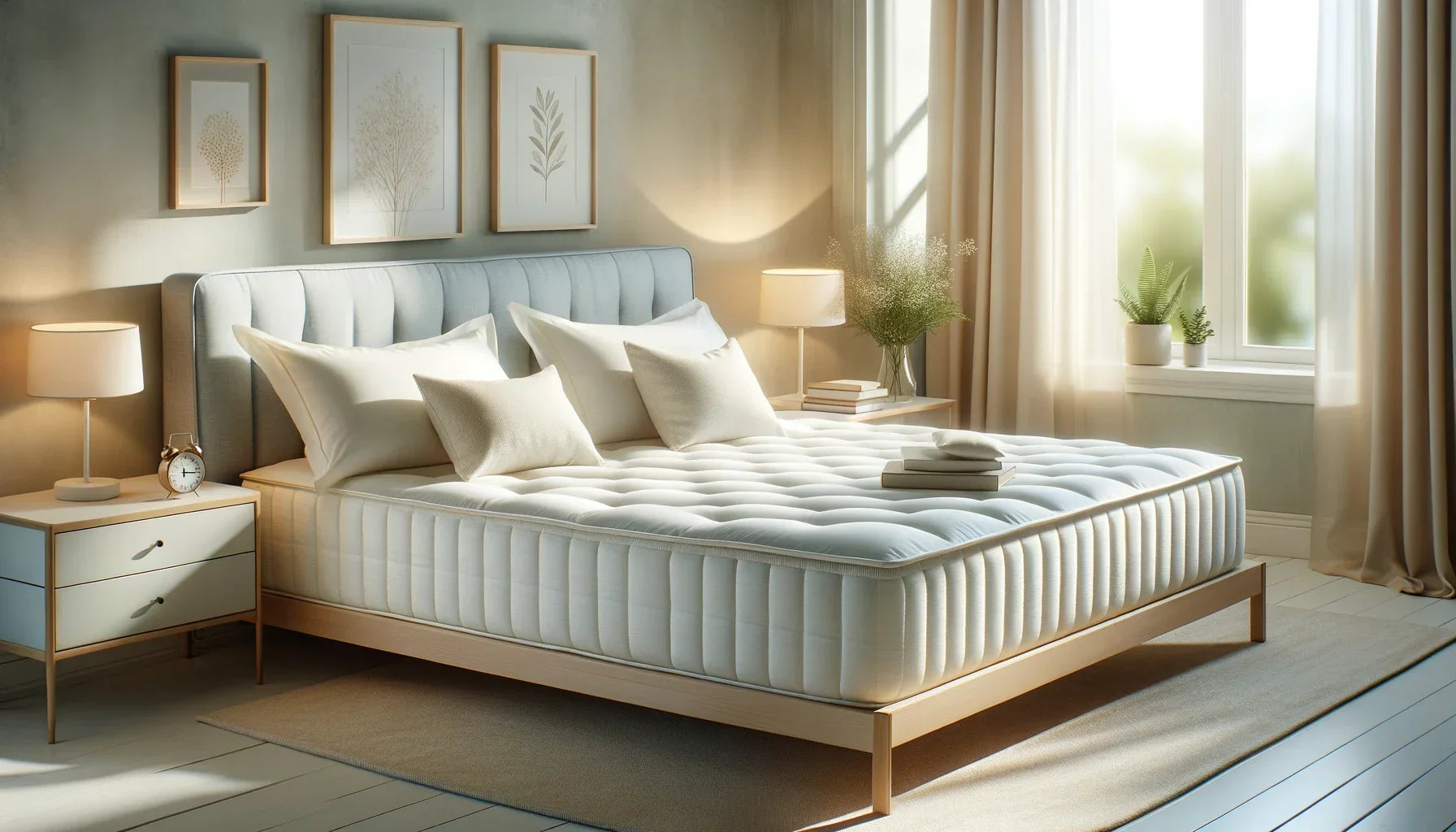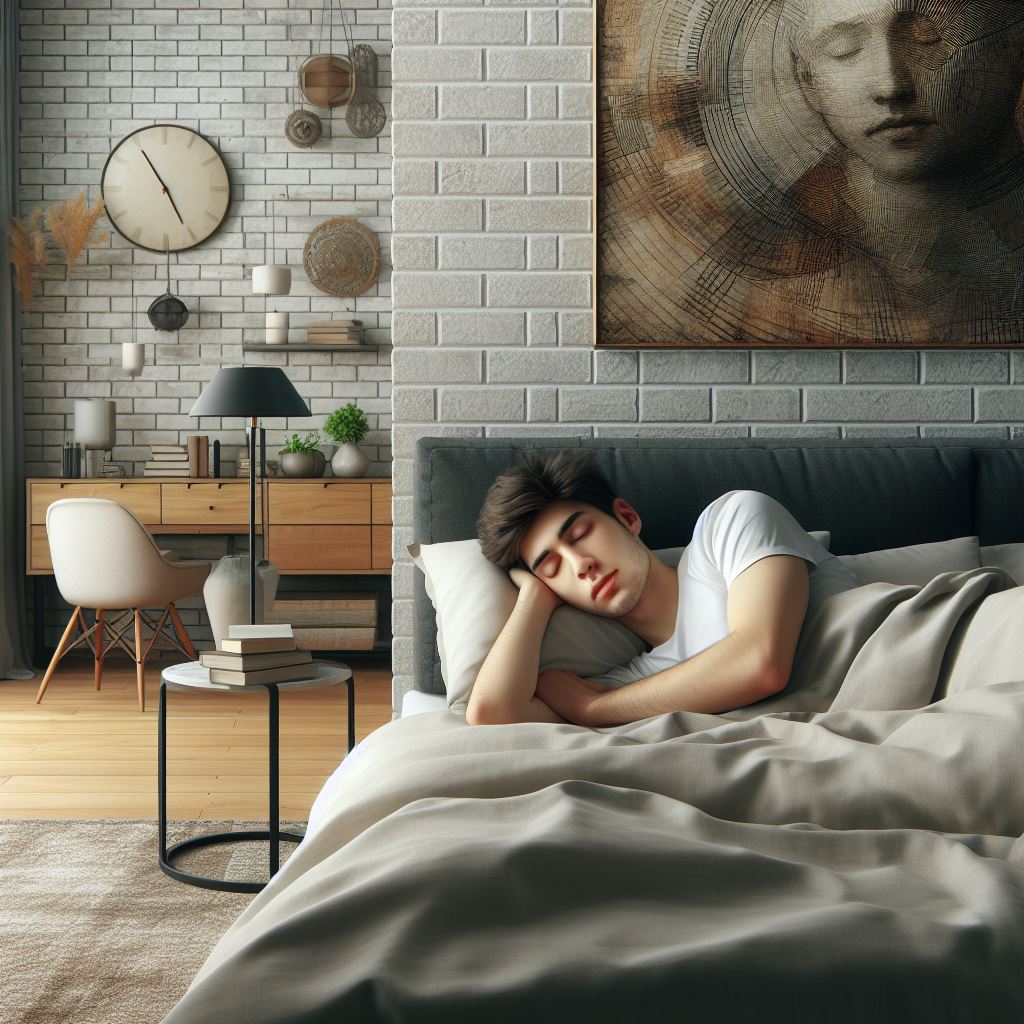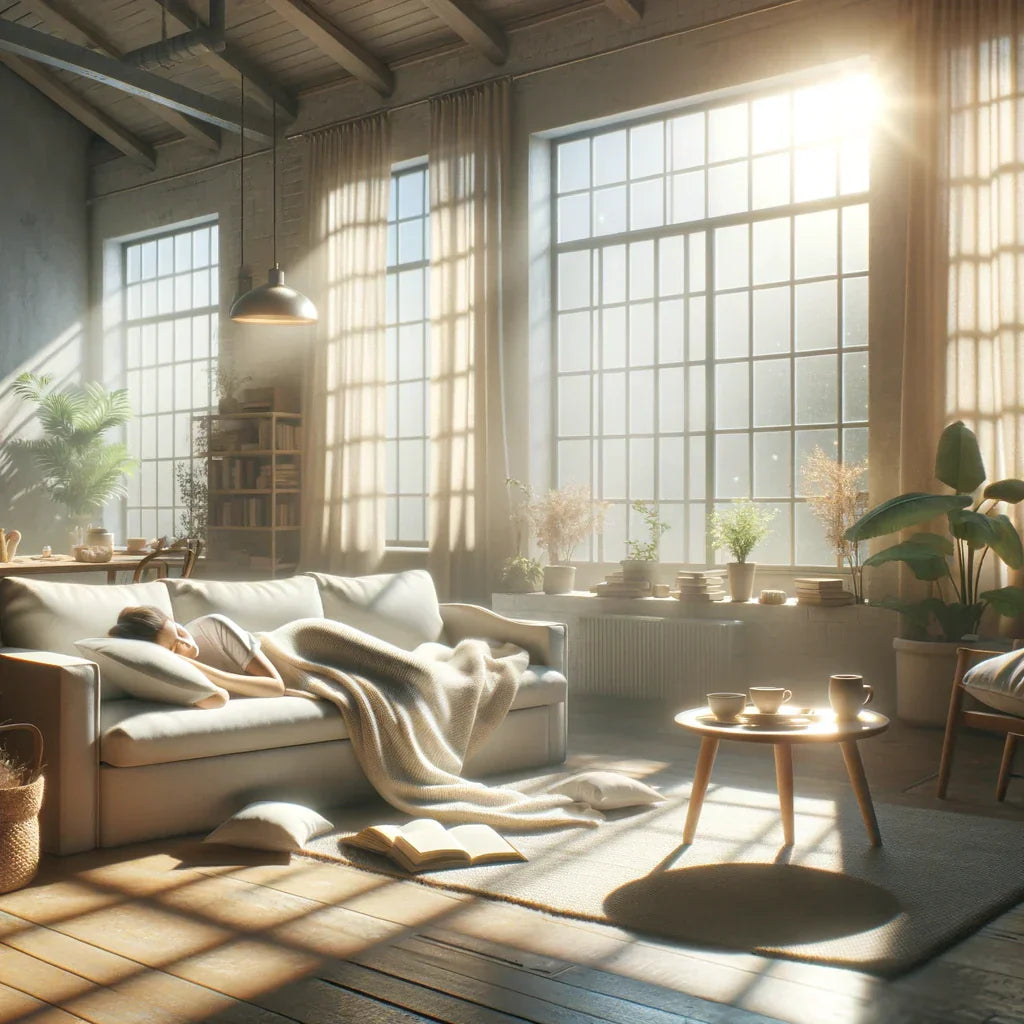Even though you were probably never taught it in a classroom, the science of sleep is still important. Knowing why we sleep and how sleep works can help provide actionable insight that results in us becoming healthier, happier human beings.
In the past, sleep was believed to be a passive activity. It’s easy to think about sleep as your ‘off time’, a period of time you can shut down for a little while. The truth, however, is that sleep can be a lot more active than any of us give it credit for. Modern research has shed new light on the importance of our rest, exposing the various types of brain activity that take place only as we are sleeping.
Researchers today understand that sleep makes up a fundamental part of our well-being. To understand the science of sleep, as well as the role it can play in your personal health, it is important to unpack the intricate processes that go beyond closing your eyes and getting snug in bed.
Here’s a closer look at the science of sleep:
What Happens After You Go To Sleep?
Your body undergoes subtle changes the minute you fall asleep. Your core temperature begins to drop, along with your heart rate and respiration rate. Your brain activity also slows during this time. Though things in your body might seem to be going a lot slower, there’s a lot happening behind the scenes while these changes occur. Your body cycles through different sleep stages, which can be divided into two main categories: REM sleep, and non-REM sleep.
REM stands for ‘rapid eye movement’, and is the phase of sleep during which your brain is more active. Studies show your eyes move around rapidly in a range of directions during this phase, without sending any actual visual information to your brain. Not coincidentally, this is the period of your sleep you’re most likely to be dreaming. Non-REM sleep can be broken into three main stages, and follows you from that fifteen minute period where you’re half asleep but easily wakeable, to when you’re in deep, immovable rest.
The way you experience the different sleep stages is unique to you, and the term ‘sleep architecture’ is used to describe a person’s unique patterns. Your sleep architecture is closely related to how well you look after yourself, so it’s important you stay healthy to keep your sleep cycle as functional as possible.
What Is A Healthy Amount Of Sleep?

A lot of research has gone into calculating the optimal amount of time for a full night’s sleep. One of the most interesting studies revealing the importance of time spent asleep occurred at Washington State University, in 2003. Experts gathered forty-eight healthy men and women who were sleeping an average of eight hours each night. They proceeded to split the group into four groups.
The first group had to stay awake for three consecutive days without sleeping. The second group slept just four hours a night, while the third slept for six. Finally, the fourth group slept a full eight hours. Throughout the study, these participants were tested on physical and mental performance.
Results revealed that those who slept eight hours every night performed equally well in every test taken, whereas those who slept for four and even six hours a night saw a steady decline in their performance.
These results have been a breakthrough in the science of sleep field, because it also indicates that sleep deprivation is cumulative. Participants who slept six hours every night for just two weeks found that they were experiencing the same performance as those who had stayed up for longer than 48 hours.
Eight hours of sleep is therefore the healthiest amount of rest you can get every night without having to compromise on your well-being in terms of both short-term productivity, and long-term health.
Check out Puffy mattress reviews from real customers and see how we compare with other brands.
Surprising Facts About The Science Of Sleep

While we might know a lot more now than we ever did before about the science of sleep, there’s still plenty left to discover about the mysterious world of shut-eye. Here are three things you might not know:
#1 - It becomes harder to get a good night’s sleep as you get older.
If you’ve found yourself struggling to get a good night’s sleep recently, then chances are you’re beginning to feel your age. Also known as ‘sleep latency’, this biological phenomena means that the average eighty year old gets a shocking 62% decrease in sleep than the average 20 year old. Getting a proper night of sleep can therefore have the potential to delay or even minimize the effects of ageing.
#2 - Your sleep cycle is deeply correlated to light exposure.
Your internal sleep cycle is actually affected and changes depending on a lot of different external factors. The science of sleep has a lot to say about the relationship between light and rest. Your sleep cycle can get easily disrupted by the presence of light - just looking at your phone before bed can have an interruptive effect on your sleep long-term. This is because our exposure to light can inhibit the production of melatonin, a vital hormone for alerting you when it’s time to sleep.
#3 - Sleep can help you shed weight.
The science of sleep and it’s relation to weight-loss is especially interesting, and there’s a growing body of research suggesting there is a relationship between the two. This is because the amount of sleep you get can alter the production of two key hormones, ghrelin and leptin, which trigger and suppress appetite. This is why you might find yourself craving something unhealthy after a poor night’s sleep.
How To Ensure A Good Night’s Sleep

The science of sleep is just as complex and interesting as the art of getting a good night’s rest. There are a couple of fool-proof ways you can ensure you’re catching up on high-quality sleep every night.
- Find the most comfortable mattress for your bedroom. Whether you prefer memory foam or a hybrid mattress, your bed plays an instrumental role in the quality and quantity of rest you get. For your best bet at finding the right fit for you, think about what specifically bothers you in your sleep right now. For instance, do you struggle with chronic back pain? Then a hybrid mattress that will aid in off-setting your pressure points might be helpful.
- Create a calming bedtime routine. Sleep anxiety got you down? If you find yourself tossing and turning in bed often, then it’s important to try and work out how you might be able to relax enough to catch up on some snooze-time. Some relaxing bedtime rituals include taking a warm bath, listening to a sleep-podcast as you’re winding down, or sipping on a cup of hot herbal tea for a nighttime beverage.
- Figure out what works for you. There are a ton of natural sleep aids out there for people who have trouble sleeping, and while it’s true there’s no cure-all for better sleep, a little patience is all it takes to find what works for you. Whether it’s something as simple as exercising once a day, or setting the temperature of your room to be naturally cooler for quick sleep, small changes can ultimately make a big difference when it comes to the quality of your sleep.
- Minimize your caffeine intake. The caffeine present in your afternoon coffee has the potential to stay in your body and disrupt your sleep cycles for up to eight hours after you last consumed it. Try to drink your last coffee by noon so that you’re avoiding any chance of disruption to your sleep cycle. Similarly, alcohol can also have a disruptive effect on your sleep cycle, so try to avoid drinking right before you know you’ll be going to bed.
The science of sleep is vast, and it’s exciting to see just how much we discover every day about the importance of shut-eye. By prioritizing a good night’s sleep, you can get one step closer to unlocking your healthiest self. You’ll be waking up to supercharged days before you know it.
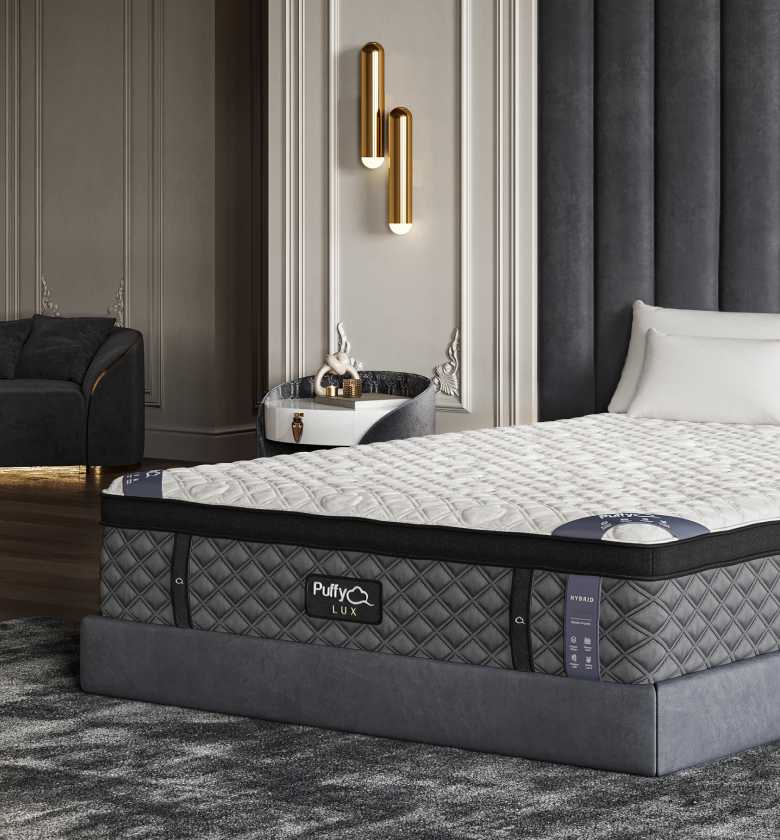
$1,350 in savings
Unlock your ultimate sleep solution with Puffy.
Explore our award-winning Puffy mattress collection with these extra luxury benefits:
- Award-winning comfort.
- Lifetime warranty.
- 101-night sleep trial.
- Free shipping and returns.
- 100% made in USA.
Disclaimer. We love sleep and we want you to get the best sleep possible. But we do not provide medical advice. This blog is intended for informational purposes only. It is not a substitute for professional medical info, diagnosis, or treatment. Never ignore professional medical advice in seeking treatment because of something you have read on our blog.
